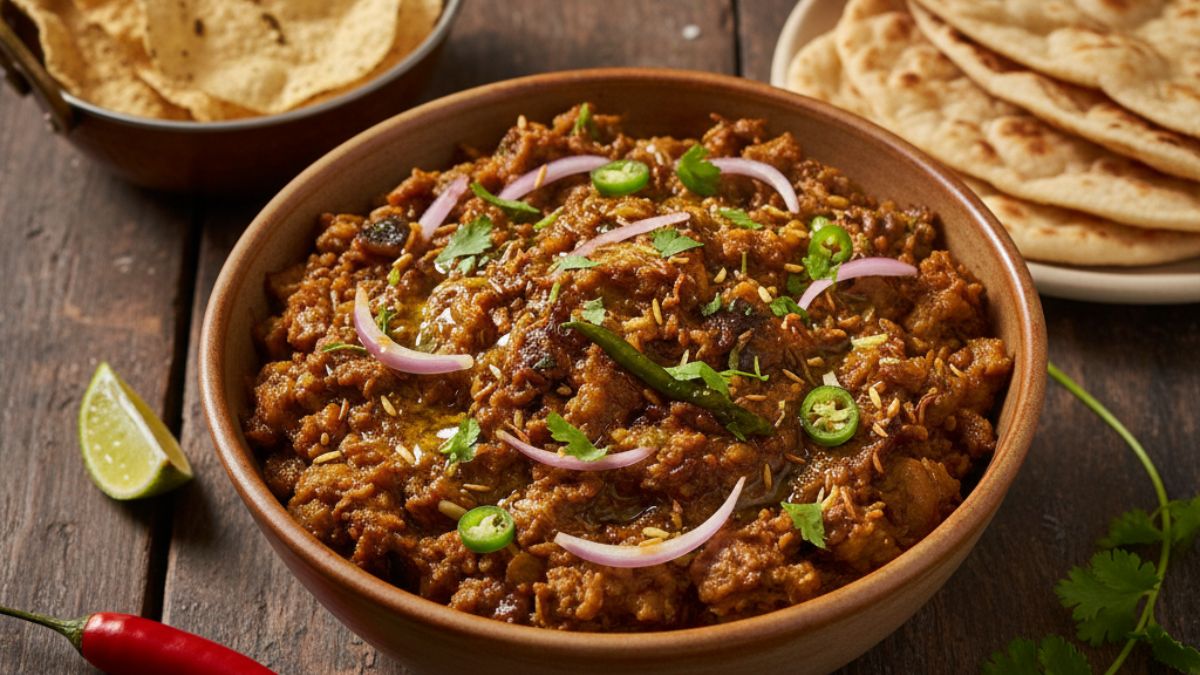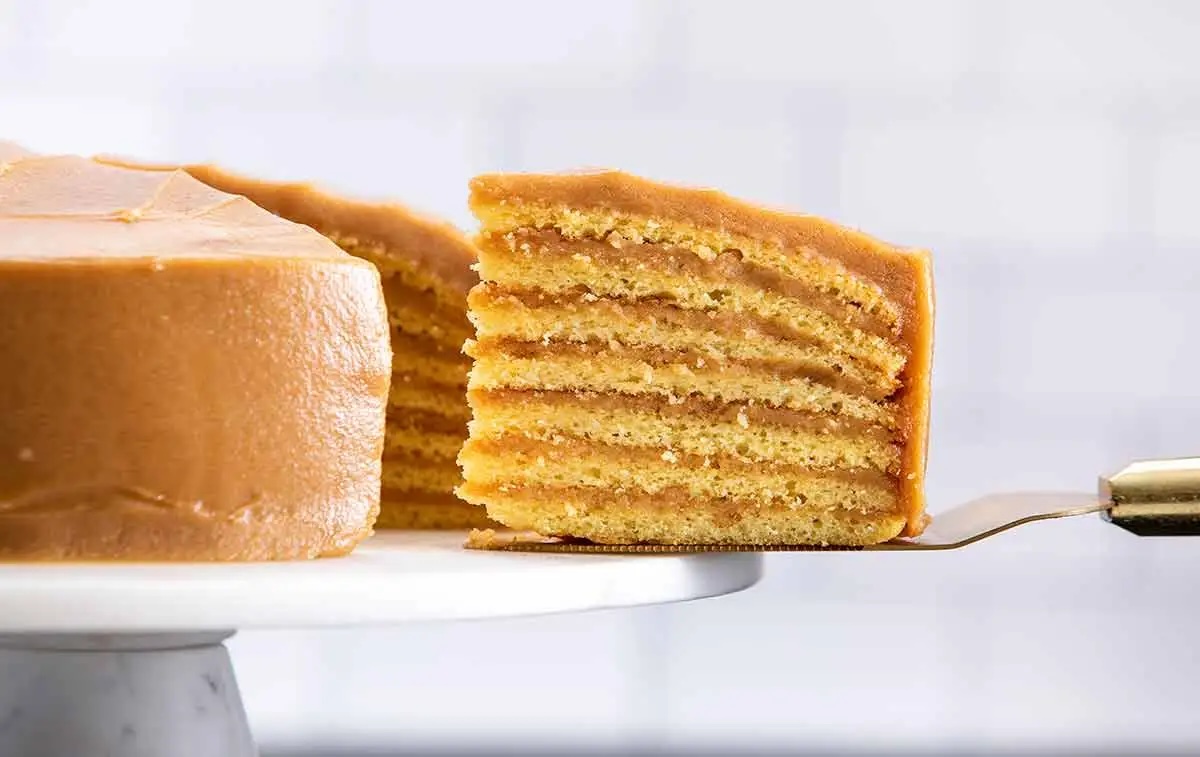Both milk and curd are an essential part of our diet. While both possess similar nutrient profiles, they differ in many ways. Among the many debates in the world of nutrition, the clash between curd and milk is a common one. Both dairy products boast an array of health benefits, but which one comes out on top? Let's join the dairy duel and explore the nutritional merits of curd and milk to help you make an informed decision that suits your personal health goals.
Milk: The Timeless Drink:
Milk has been a dietary staple for centuries, cherished for its wealth of essential nutrients. Packed with calcium, vitamin D, protein, and an array of vitamins and minerals, milk plays a fundamental role in promoting bone health, aiding muscle function, and supporting overall growth and development. The calcium content in milk is particularly lauded for strengthening bones and preventing conditions like osteoporosis.
Also Read: Is Almond Milk Healthy? How To Make It At Home

Photo Credit: iStock
Curd: The Probiotic Powerhouse:
Curd is renowned for lots of things but probiotics are the highlight. Curd is a fermented dairy product derived from milk by adding good bacteria to it. These friendly microbes work their magic during fermentation, converting lactose into lactic acid and contributing to curd's distinct tangy flavour. The presence of probiotics in curd is very beneficial for gut health. Probiotics play a crucial role in strengthening digestion, boosting immunity, and fighting issues such as bloating, gas, and irritable bowel syndrome (IBS). In fact, a study carried out by a team of researchers at the University of Vienna in Austria found that having 200 grams of curd was equivalent to medicines for boosting immunity.
Another notable feature of curd is its lactose content. During fermentation, the lactose levels in curd decrease, making it a more easily digestible option for individuals who are lactose intolerant. Beyond its probiotic prowess, curd is a rich source of calcium, phosphorus, and vitamin B12, contributing to bone strength and energy metabolism.
Also Read: Is It Safe To Eat Dahi Every Day? The Pros And Cons You Should Be Aware Of

Photo Credit: iStock
It's clear that both milk and curd are extremely beneficial for our overall well-being. But which fairs better if we have to pick one for a specific situation?
Curd Or Milk - For Weight Loss Diet:
If you're watching your calorie intake, curd may hold an advantage. Nutritionist Rupali Datta says that both curd and milk have similar calorific profiles but curd gets an edge for weight loss purposes. Due to the fermentation process, curd tends to be lower in calories compared to milk, and it is also easier to digest, making it a favourable choice for those aiming to lose weight.
Curd Or Milk - For Calcium Content:
When it comes to obtaining calcium, milk is a better option than curd as it contains a higher level of calcium. According to the United States Department Of Agriculture, a 100 gm serving of milk contains 123mg of calcium, and 100 gm of curd has around 85mg of calcium. For growing children, it is a must to have milk in their diet for consistent growth of bones, teeth and muscles.
Curd Or Milk - For Digestion:
Curd is your pick if you suffer from digestive issues. The probiotic food is known to enhance gut health and minimize problems related to it. Nutritionist Rupali Datta says, "The concentration of pro-biotic elements in curd helps in digestion and also helps relieve upset tummy. The good bacteria work to improve gut activity." Milk, in fact, can be more difficult to digest.
Curd Or Milk - For Workout Diet:
Milk contains casein and whey proteins, which provide a good balance of essential amino acids, supporting muscle repair and maintenance. For those seeking to add lean muscle mass or recover after exercise, milk serves as an excellent natural protein source.

Photo Credit: iStock
Curd Or Milk - For Vitamin D:
Vitamin D is important for strengthening the body's absorption of essential minerals including calcium. Additionally, vitamin D is known to boost the immune system and help maintain bone strength. A study presented at the 24th European Congress of Endocrinology in Milan claimed that milk, along with water, is one of the best sources of Vitamin D. As per USDA data, 100 gm curd had 31.1 IU vitamin D whereas 100 gm milk has more than 40 IU vitamin D.
Overall Nutrition With Milk And Curd:
An ideal diet without any specific requirement is replete with both curd and milk. So, if you don't have any particular purpose (like the ones mentioned above), it's best to include both milk and curd in your diet.
Disclaimer: This content including advice provides generic information only. It is in no way a substitute for qualified medical opinion. Always consult a specialist or your own doctor for more information. NDTV does not claim responsibility for this information.
About Neha GroverLove for reading roused her writing instincts. Neha is guilty of having a deep-set fixation with anything caffeinated. When she is not pouring out her nest of thoughts onto the screen, you can see her reading while sipping on coffee.











